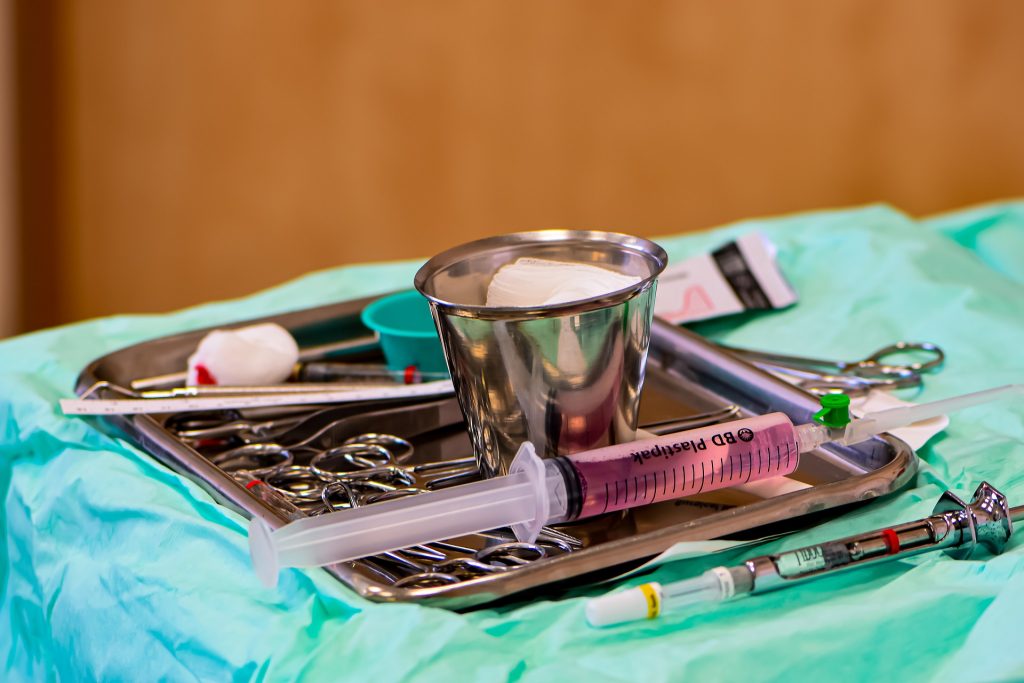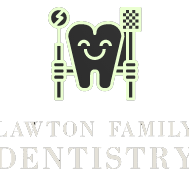HOW TO CURE A BAD TOOTH AT HOME
Toothache is a sure signal that a problem has arisen in the tooth, and intervention is required to fix it. Modern dentistry offers pain-free dental treatment using the latest techniques. Despite this, some patients are interested in home treatment methods. Also, these methods can help out in cases where the problem is overtook in conditions when it is not possible to visit the specialist’s office.
Causes of toothache
Pain suggests that the integrity of the tooth is broken and the lesion has reached the pulp. The most common cause is caries, which has “made its way” close to the dental nerve. A cavity forms in the tooth, into which food begins to penetrate. This, in turn, provokes the development of pathogenic bacteria and tooth decay. The first signal is sensitivity. When the enamel is damaged, it opens the way to the inside – the pulp. The pulp begins to signal a problem. If you ignore this, the pain becomes stronger and pulpitis develops in the tooth – in other words, inflammation.
Another problem associated with toothache is gumboil. This is an inflammation of the soft tissues near the root of a diseased tooth. It is accompanied by malaise, the temperature may rise, the pain radiates to the neck, ear. The patient cannot eat or sleep normally. Pus collects inside the swollen area.

How to get rid of pain
The best way to get rid of a toothache is to visit a dentist’s office. The doctor will diagnose, perform the necessary manipulations. As a result, the patient will feel relief from the very first visit. If you cannot visit the dentist, you can try other ways to relieve symptoms. It is important to remember that it is impossible to cure a bad tooth at home.
Home dental treatments
Outside dentistry, dental treatment is not available. This requires special tools – tools, drugs, materials and knowledge. Dental treatment at home consists of relieving pain and manipulating to reduce inflammation. These are temporary measures to help relieve pain while waiting to see a specialist:
- Taking medications. A good pain reliever will help relieve pain in most cases. The main condition is to follow the instructions and avoid overdose. Sleeping pills will also help.
- Rinsing. These are mainly solutions of soda and salt, decoctions of chamomile, lemon balm, mint, sage, oregano, and other herbs. They will help reduce inflammation and disinfect your mouth.
- The use of alcohol-based tinctures. Popular components of such products are honey, propolis, and calamus. The tincture is kept in the mouth for several minutes.
- Cleansing the mouth from food debris, gently removing plaque.
- Release of the diseased area from the load. Do not chew on the side where the tooth is located. This will help reduce pain.
What not to do
Not only are there many ways to not only help your teeth, but also to cause complications. Observing simple principles, you can protect yourself from this:
- The area in which the problem arose should never be heated.
- Do not cover the cavity with cotton wool and other materials. This will only make the problem worse.
- If the pain has passed, it does not mean that the problem has been solved. Visit your dentist as soon as possible.
- Prevention of dental diseases
Here are a few simple steps you can take to keep your teeth healthy for as long as possible:
- Thorough hygiene. Brush your teeth at least twice a day. It is also helpful to use floss, mouthwash.
- Attention to oral health. The dentist must be visited every six months, regardless of whether there are complaints. If alarming symptoms occur – pain, swelling of the gums, the appearance of blood when brushing your teeth – this is a reason for an unscheduled visit to the doctor.
- Quitting bad habits such as nail biting, smoking and others.
- Eating a minimum amount of excessively solid foods. Crackers, caramels, nuts and other hard treats can cause enamel cracks.
- A balanced diet, eating foods high in fluoride and calcium.
- Use of quality products: a good toothbrush, which is better to choose under the guidance of a specialist, a paste without aggressive abrasives.
- Preventive care is much easier, more enjoyable and cheaper than dental treatment.

